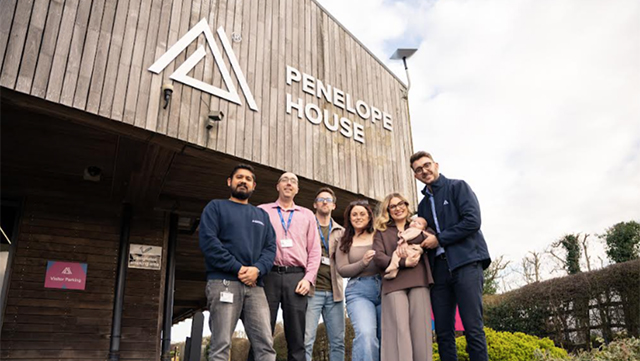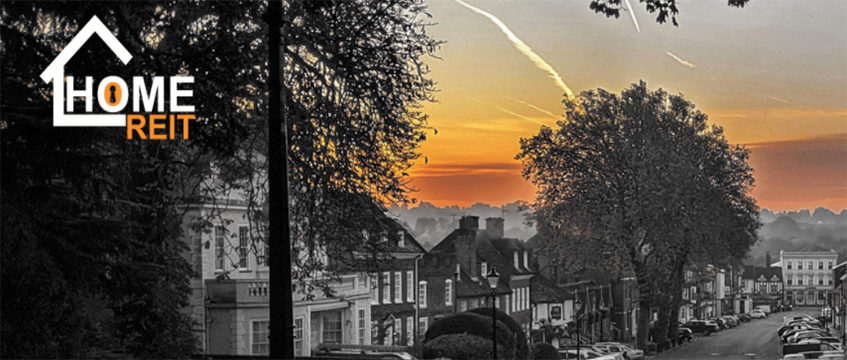Other than bats, nothing makes a developer twitch more than a listed building. Why would you want to invest in a project where you couldn’t do what you wanted to the buildings you own, and had to submit to a list of conditions put in place by someone who doesn’t understand the commercial imperative?
Except, in the 70 years that the modern listing process has been in force, we have come to see it as an everyday part of life in the development world and, on the whole, we treat negotiations with Historic England and their counterparts as just another set of meetings that are part of the process of delivering a project. If we have learned to work around heritage listing, SSSI and AONB restrictions, could we work with a listing that protects the culture and tone of a place?
The question of what makes a good place is a subject of much debate in our industry. The short-term nature of development financing that delivers value from good covenants does not encourage us to take risks by curating places with distinctive new businesses that need time to bed in. More comfortable with single-use schemes, we see the kind of mixed-use developments that are essential for community-focused places to emerge as difficult to finance and deliver. What we end up with are too many cookie-cutter schemes that deliver residential unit numbers and job-creating commercial units at ground floor, but do little to fuel distinctiveness of place and the long-term sustainability that brings.
So who is sticking up for a process that creates distinctiveness and difference, respects commercial heritage and creates future-proofed places? Perhaps planners need more powers. Could a planning consent be subject to a listing, or even a new use class that encourages developers to take a risk on covenant?
In the mid 1990s, east London brewers Truman, Hanbury & Buxton sold its 11-acre historic Brick Lane headquarters to a family that had rented warehouse space there for a number of years for its clothing import business. Over the past 20 years, with very little formal financial investment of the kind that traditional developers would make, the Old Truman Brewery has grown into an extraordinary place where thousands of people come to work every day in the small businesses that fill the collection of historic buildings that draw tens of thousands every week to visit the shops, cafés, bars, restaurants, markets and event spaces that make up one of Europe’s most individual and distinctive commercial destinations.
It has become a valuable piece of real estate, but it was developed with a real sense of community between the owner and the tenants and it has no high street brands. Not one. It has created its own covenant through footfall, driven by the unique nature of the place. Its distinctiveness was created by all those who work and run businesses from there, supported by the owner, who has held rock-steady to his original vision. It is one of London’s most unique and valuable commercial and tourist assets and has driven the regeneration of the surrounding East End, but its future is protected only by the continuing commitment of its owner, who has taken a very different approach to that of a traditional developer.
So, how do we learn from this and create places that make the same economic contribution to the wider life of a city? In the absence of specific commitment from the development and investment community, how do we legislate to protect or inspire the unique nature of local centres in a city of distinct villages, such as London?
Planners could play a greater role. We all know the cliché that cool coffee shops, interesting bars, independent retailers and cultural uses change a place and drive custom for resi schemes – just look at the “surrounding area” pages in most new-build resi brochures. We just don’t seem to be that good at doing it ourselves. I’m not suggesting that planners vet tenants, but maybe there’s a role for a listing or some new use classes that recognise local start-up businesses or mix of uses in commercial elements of a scheme that give planners the powers to deliver what they already write in their planning policy documents about the kind of places they want to see.
I’m a property developer and I believe in the free market, but, where the market is not doing right by communities, more thoughtful conditions on planning might be a way to deliver great, valuable places.
Martyn Evans is chief executive of Uncommon











